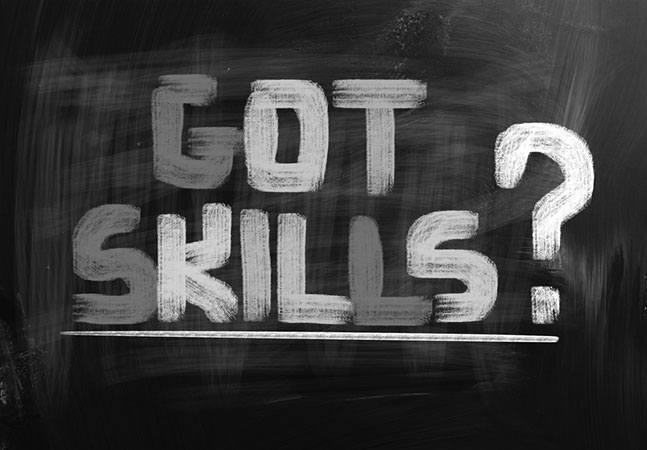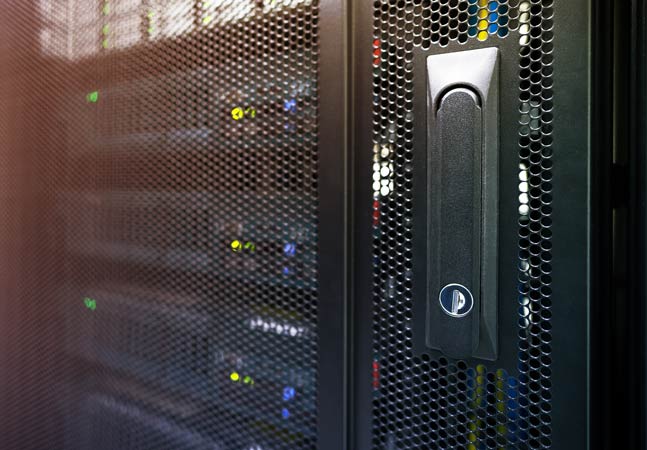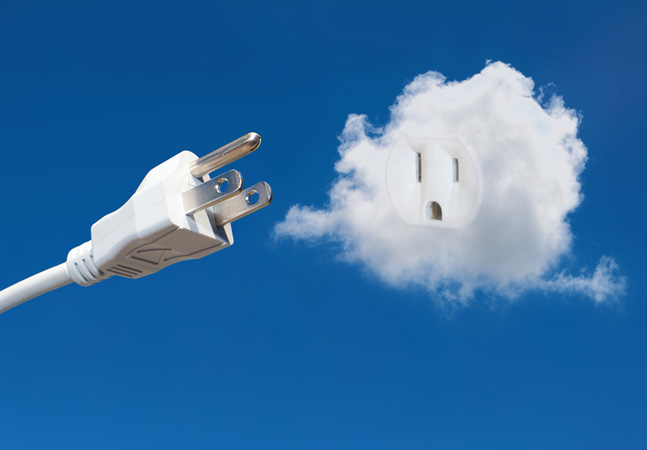
WEF publishes two reports discussing interoperability and demystifying the consumer metaverse (while explaining the difference between "web3" and "Web 3.0")

After his introductory series, Tom Fenton deploys a database on Docker and integrates it with other apps deployed from other Docker images.

Microsoft CEO Satya Nadella: "ChatGPT is coming soon to the Azure OpenAI Service, which is now generally available."

Veeam Software published a Data Protection Report for the new year, finding even more ransomware attacks plagued organizations in 2022.

Tom Fenton continues to be impressed with the low-priced Inovato Quadra, an alternative to the Raspberry Pi, and the person behind it, Michael Burmeister-Brown.

While blockchain demand grew the fastest, the most popular skill on the DevSkiller platform is JavaScript, which overtook Java.

The less-expensive Quadra is a better fit than Raspberry Pi for those who want/need a low-cost software platform to use and experiment with.

"There will be more tokenization of assets, and increasingly mainstream use of blockchain technology."

After wowing the world way back in 2011 by defeating humans at the TV game show "Jeopardy!" with early-stage AI tech, IBM's Watson is making a bit of a comeback.

One of the most popular parts of Stack Overflow's huge annual developer report is an examination of what tech devs love, dread and want the most.

Davos is seen by some as the place where global elites gather annually to chart how things here on earth will work in the future.

"Zero Trust is a main security priority for most organizations, but comprehensive understanding and adoption of the Forrester-founded framework remains inconsistent," One Identity says.

After previously showing how to install the new offering, Tom puts it through its paces and shares his thoughts.

NetApp says a small survey of organizations using its software indicates hybrid cloud is the future of enterprise IT.

After previously providing an overview of the new features included with Horizon 2111, released last month, Tom takes a deeper dive.

After initial planning and then doing an in-place upgrade of the Windows Server OS as it relates to AWS EC2, Brien finishes the upgrade to Windows Server 2019.

As "Big Tech" comes under increasing scrutiny by lawmakers, yesterday's AWS outage sparked a backlash about the dangers of cloud computing.

After earlier detailing needed planning, Brien goes to the next step: an in-place upgrade of the Windows Server OS as it relates to AWS EC2.

One of the non-executive IT positions paying off the most in 2022 will be network/cloud architect, indicates a new salary guide that also highly ranks cybersecurity and data privacy positions in the age of ransomware and other attacks.

See what four features piqued Tom's interest in the new Extended Service Branch (ESB) Maintenance Release.